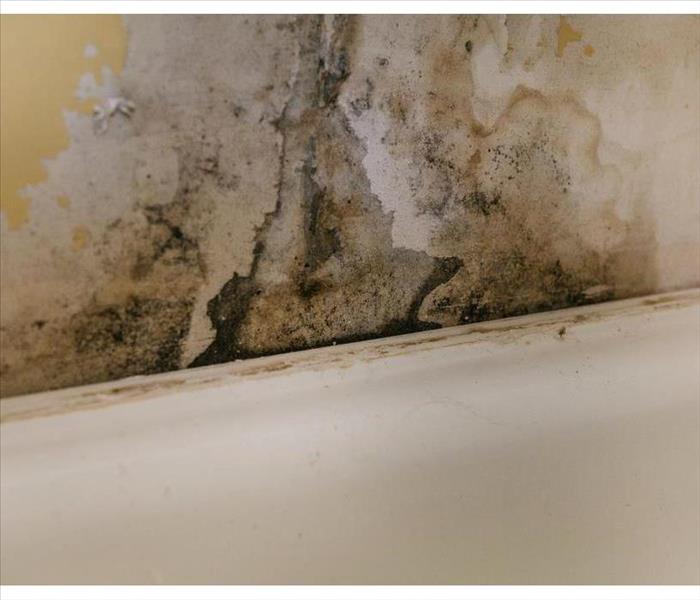Understanding Insurance Coverage for Mold
9/5/2020 (Permalink)
A commercial insurance package typically includes property coverage. Most property policies pay for damage to your building, signage and landscaping. They may not cover mold damage, though. Here is an overview of what you can expect from the provider that covers your building in Bowmantown, TN, and the additional coverage you may need.
Fungus Exclusions
Most property policies have a fungus exclusion and thus will not automatically cover the issue and related damage:
- Mold
- Mildew
- Dry rot
- Bacteria
On the other hand, if a fungus leads to specific types of damage, such as leaks or decay that occur as the result of the presence of mold, the services of mold remediation specialists may be covered by your policy. You may also be able to get fungus mitigation if a covered peril results in mold growth.
Limited Fungus Coverage
Some policies include limited fungus coverage. If a specific cause that is covered by your policy leads to mold damage, your commercial insurance may cover remediation costs.
For example, if a pipe freezes and bursts, mold may start to grow before the damage can be fixed. Since the water damage from the pipe is covered, getting rid of the subsequent mold growth may be covered, too.
The remediation process may involve several steps to remove the mold damage and repair the affected area. First, technicians tear out any material that obstructs or contains the fungus infestation. Then they rebuild the structure so that the damage looks "Like it never even happened." Your insurance agent can review your policy and tell you if you have the necessary mold insurance to pay for repairs if a situation such as this occurs.
Your commercial insurance policy probably covers a wide range of property damage. It's important to know if fungus problems are covered before they occur. Armed with this knowledge, you can make a more informed decision about which policies to buy.

 24/7 Emergency Service
24/7 Emergency Service
